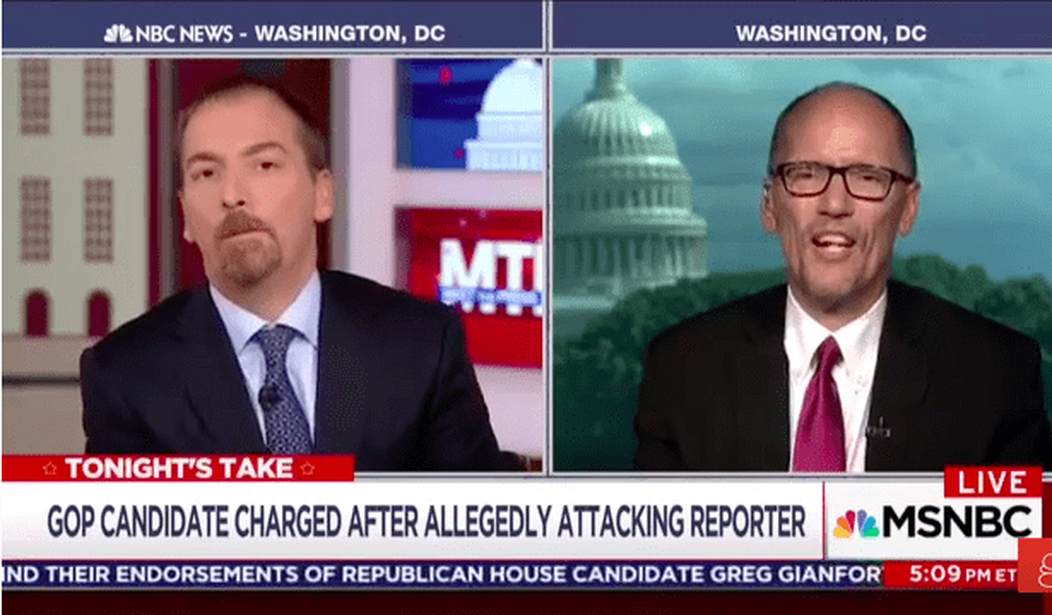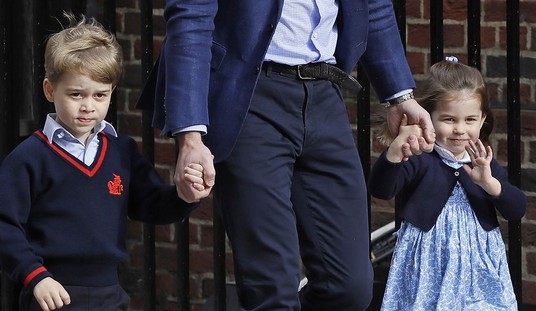WASHINGTON – Sugar Ray lead singer Mark McGrath said Congress should pass the proposed Fair Play Fair Pay Act that would require AM/FM broadcast radio stations to compensate vocalists with “performance royalties” for their contributions to song recordings.
“I appreciate people looking out for vocalists – that goes directly to me. I’ve got two kids to put through college,” said McGrath during an interview at the “A Capitol Fourth” concert dress rehearsal last week on Capitol Hill.
The Recording Academy has been advocating for passage of the Fair Play Fair Pay Act for many years.
“The lack of a performance right in the U.S. is estimated to leave $200 million in artist revenue overseas each year. While majority of other countries remit performance royalties, those countries are not required to submit payment to U.S. artists since the U.S. does not have performance rights established,” the Recording Academy said in a statement.
The legislation was reintroduced in the House of Representative last month and has picked up a bipartisan group of co-sponsors including Reps. Marsha Blackburn (R-Tenn.), Darrell E. Issa (R-Calif.), Ted Deutch (D-Fla.) and John Conyers (D-Mich.).
“Vocal quality definitely adds to the song. I can show you a million songs that someone wrote that wasn’t a hit until that vocalist got on there, whether it was the tone, whether they bent the notes, or just the intangible was what made it so great; that’s why there are so many great songwriters that aren’t artists,” said McGrath, former co-host of the TV show Extra.
“I think it’s high time we compensate the vocalists and look out for musicians too because everything is becoming free. Be careful what you ask for, kids, you know what I mean. Be careful what you ask for, you know. I mean, the good news about record-making is that everybody can do it, but that’s also the bad news,” he added.
McGrath discussed some of the changes that have taken place in the music industry since the 1990s, when Sugar Ray rose to fame.
“The ’90s was a fun decade – that was kind of the last decade of the record industry really nurturing artists and putting records out and really being an infrastructure of how we found our music, you know,” McGrath said. “Records came out every Tuesday at Tower Records. Our videos went out on MTV and that was that generation and now it’s totally changed. So that was kind of the last of the golden era of actual record sales.”
McGrath was asked for his opinion of recording artists who are not making their music available on streaming services like Spotify and Apple Music.
“It’s their right to do that. Most of the artists who aren’t doing that are ones from the old school, big artists, superstar artists who know what it means to be compensated, you know, they know what it means, the value of their music, so they can afford to do that,” McGrath replied.
“My concern is not those artists. My concern is the little artists that want to get compensated. The big artists – that’s their noble right, if you will, but I think it’s the little guy you are really hurting by not compensating the artists. I know people are fighting really hard on the Hill to do that, so I am glad there are people watching that wall, if you will,” he added.
McGrath has performed at concerts in the past that benefit the Wounded Warrior Project.
“I’ve met so many awesome people associated with Wounded Warriors. It’s unfathomable that we have to create that. I just wish we could take care of our veterans. They work so hard, especially. We have our days when we remember our veterans but I think about them all the time,” he said. “I’ve had family in the military and the sacrifices they make and the family sacrifices, there’s such a domino effect to the service that they did.”
He continued, “If you’ve ever been to the Walter Reed hospital, it will really change your perspective on things – and so, they do angels’ work, Wounded Warriors, that’s for sure.”









Join the conversation as a VIP Member